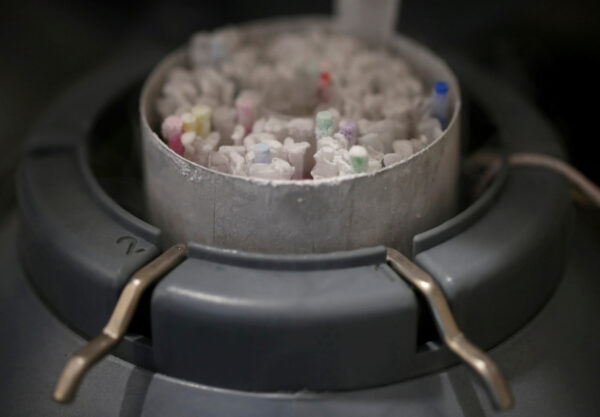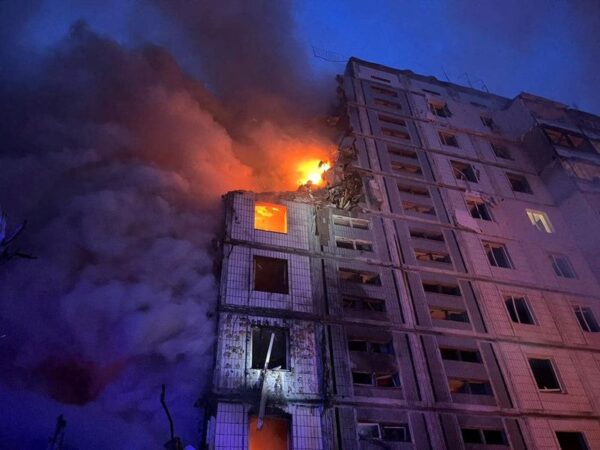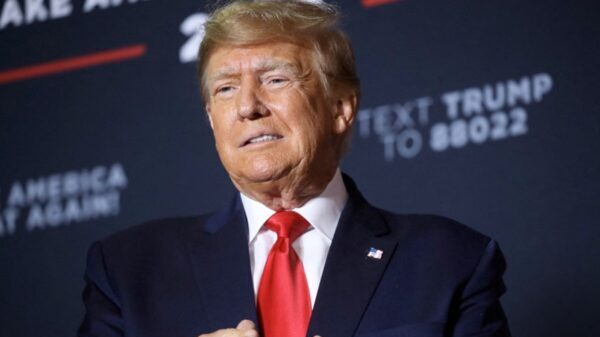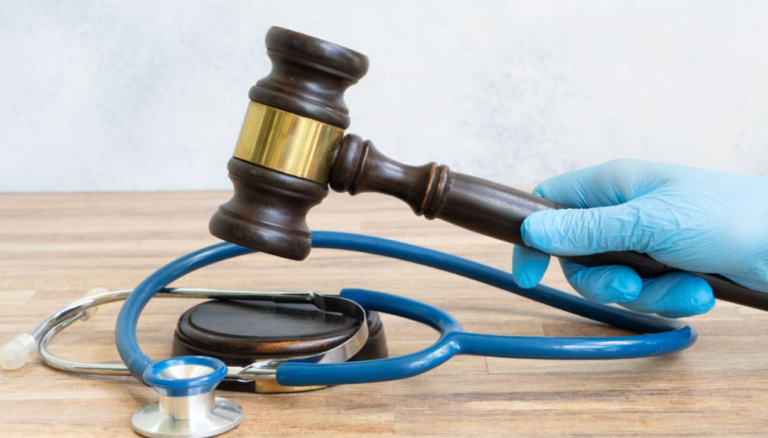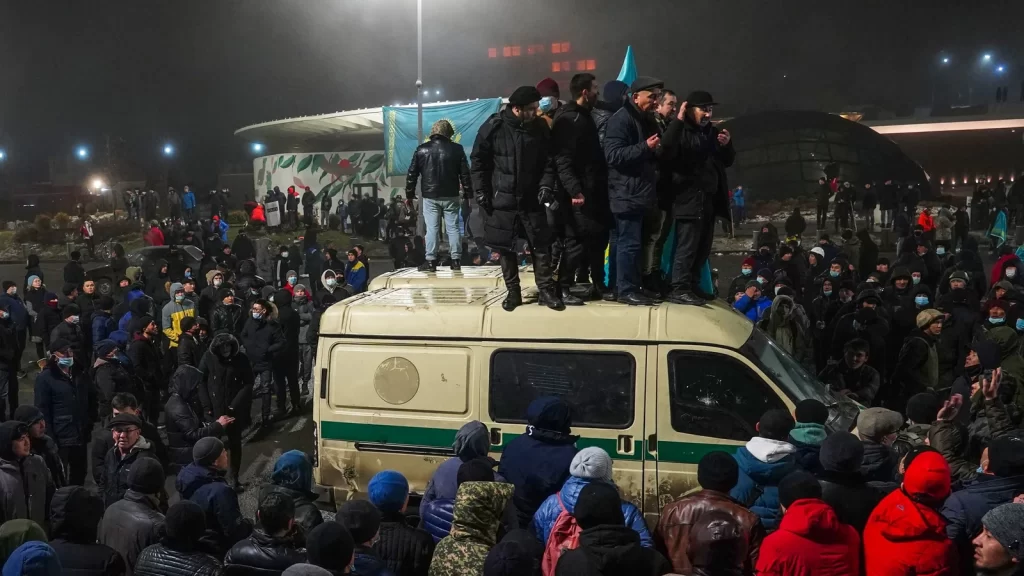
Many cities in Kazakhstan have witnessed riots because thousands of protesters took to the streets on a sharp increase in liquid oil gas prices (LPG), which was most widely used by Kazakhs as a fuel car Price increases occur when the country ends a gradual transition to electronic trading for LPG to stop state subsidies for fuel and let the market determine the price Although the government announced on Tuesday that fuel prices would be reduced to a level even lower than before the increase, and on Wednesday the President of Kassim-Jomart Tokayev fired his cabinet, his protest continued.
What’s the main problem?
The reform of fuel market was first responded to 2015 it began to apply at the beginning of the month. It tries to remove the closing of the state price for butane and propane – often referred to as ‘fuel roads for poor people’ because of their low cost – while ensuring the local market is supplied properly previous subsidy has created a situation when Kazakhstan, a major oil producer, regularly facing a shortage of butane and propane.
When prices are fully liberalized on January 1 (Saturday), the government’s hope is that the supply to the domestic market will rise and help address the chronic shortage But the move backfired, because the price almost doubled overnight to 120 tenge per liter.
Where the protests began?
The first popular anger spilled in western Kazakhstan, the oil-rich, over the weekend. Tuesday, the whole country is under the grip Anger among the people is already running high because of rising inflation close to 9% year-on-year – the highest in more than five years – leading the central bank to raise interest rates to 9.75%Resource-rich country of 19 million is estimated to have one million people living below the poverty line.
The protests have not impact on Kazakhstan’s oil production Eight police were killed in protests Eight police and national guard soldiers were killed in riots on Tuesday and Wednesday, according to Russian news agency Sputnik Demonstrators took control of the airport in Almaty, Kazakhstan’s largest city, Reuters news agency reported, causing flight cancellations President Tokayev said in a televised address that foreign trained “terrorist” gang who seized the building, infrastructure and weapons, and has taken five planes, including a stranger, in the Almaty airport.
A resident of Almaty told Reuters that vodka is being distributed in the square in Almaty. “There is complete anarchy in the streets,” he added security alliance led by Russia a former Soviet state will send a peacekeeping force to Kazakhstan, Prime Minister of Armenia said on Thursday Nazarbayev corner Initially triggered by anger at rising fuel prices, the protests have been quickly spread to take in a broader opposition to its predecessor this Tokayev President Nursultan Nazarbayev, who retains significant power as the “Leader of the Nation” although it stopped in 2019 after nearly three decades of rule.
Nazarbayev, 81, has been widely seen as a major political force in Nur-Sultan, the capital city that bears his name. His family is believed to control much of the economy, the largest in Central Asia. He has not been seen or heard from since the protests began Snippets appear on social media showed protesters shouting down a giant bronze statue of Nazarbayev, was hanged with a rope, which they then pulled down.
Nazarbayev, who has been removed from a position of strength with Tokayev in an attempt to calm the protesters, they have the support or the Russian President Vladimir Putin Government response to protests Kazakh authorities imposed a nationwide state of emergency and sent military units to fight what Tokayev called “terrorists”.
Tokayev state of emergency gives power to impose curfews, banning protests, and restrict Internet access to quell dissent rare event in Kazakhstan There are internet outages across the country on Wednesday after a day of interruption of mobile internet and partial restrictions, according NetBlocks, a monitoring agency based in London.
The bigger picture Both actions mark a big step with the Kremlin over several years to shore up allies face upheaval. In 2020, President Vladimir Putin stepped behind the crackdown Belarusian leader Alexander Lukashenko on popular protests, which drew sanctions from the US and its allies The Kremlin has regularly condemned the street protests in the former Soviet countries, labeling them an attempt by the West to use the “color revolution” to overthrow the government.
Russia faces a “strategic instability on both sides and can not afford to get distracted,” Alexander Baunov, a senior associate at the Carnegie Moscow Center, wrote on Facebook. “Just like Russia encroach on Ukraine, suddenly there were protests across Kazakhstan, which may need to save.”

